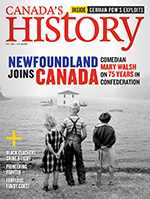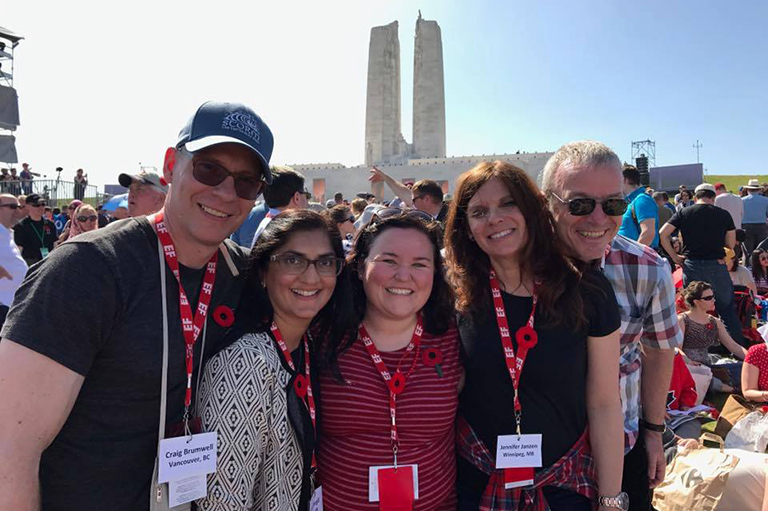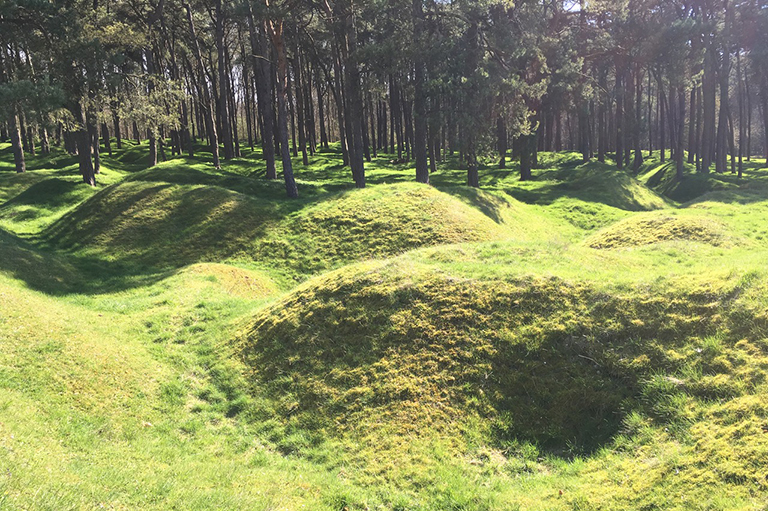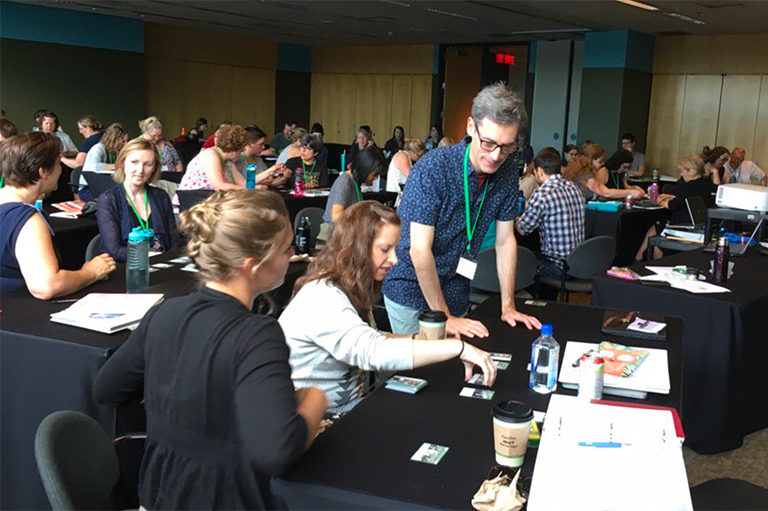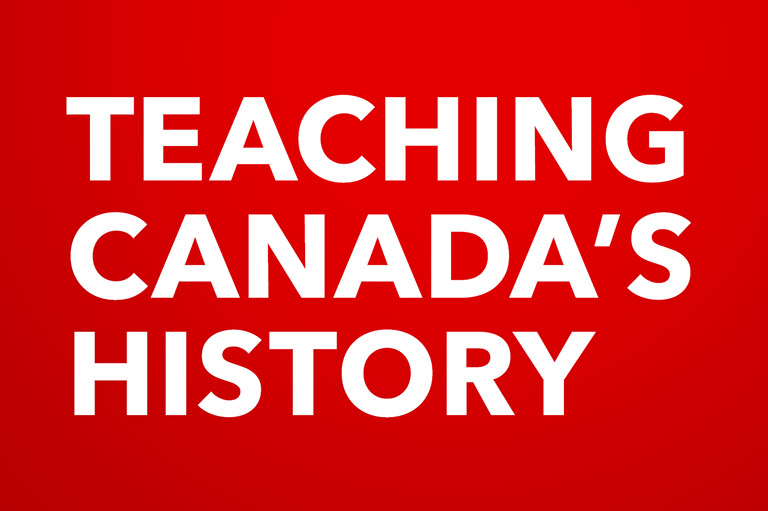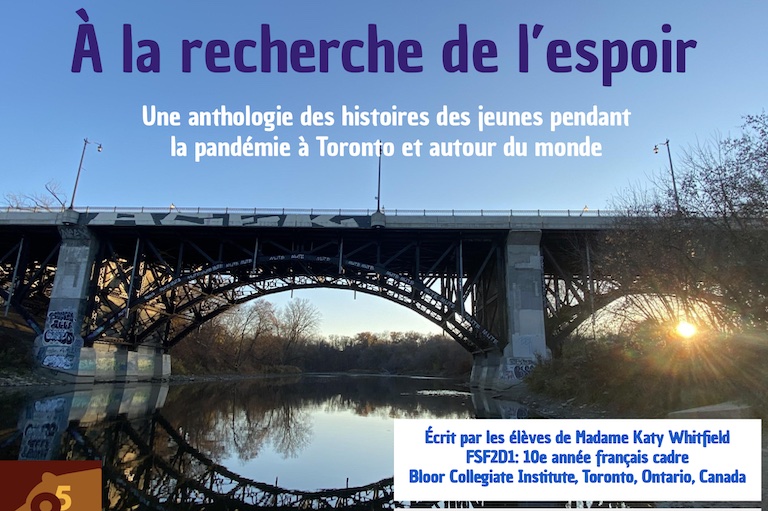Discover a wealth of interesting, entertaining and informative stories in each issue, delivered to you six times per year.
Reflections on a Canadian Battlefields Tour
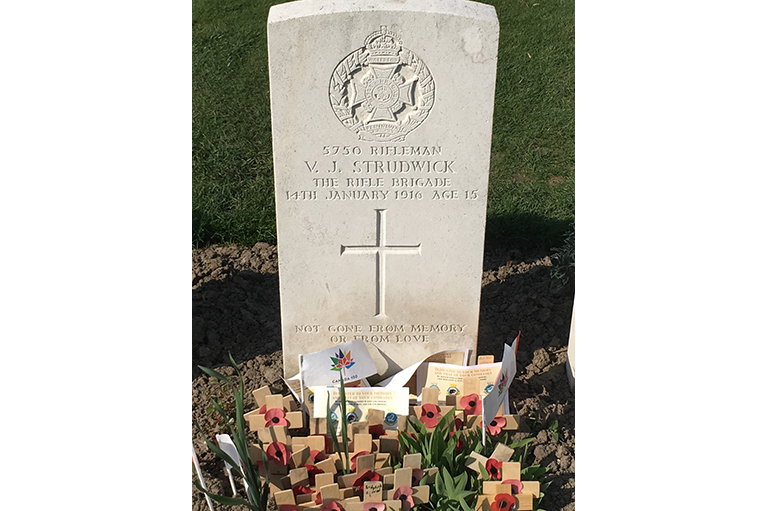
When you think about something that changed the earth it is hard to imagine what that may have been like. In terms of seeing First and Second World War sites this was very true. Prior to going I had heard all the facts and stats in history class along with stories from family and friends about their experience at these historic places. Despite this I still found it hard to understand the true meaning and importance to me as an individual, a Canadian, and as a human being.
After travelling to Europe and beginning a tour through northern France and Belgium the first site that really struck me was Vimy. After looking around and seeing the crater holes peppered into the land, the beauty of the French countryside in the distance, and the massive monument that stood tall at the top of the hill it was clear that the importance of this battle to the Great War and to Canada was real. As a result of this scenery, the knowledge I had before, and the realization I had made, a certain feeling came over me that initially I could not describe, a feeling that I could see in the faces of my peers. Then one of my friends hit it on the dot saying: “I feel a sense of pride knowing what our country Canada did here. I also feel grateful for the sacrifices that people made here so that we may live the free lives we now live.” This feeling of pride and gratitude was a feeling that kept coming back at several of the other locations we visited, especially those that involved the generation of Canadians that fought for our freedom.
As we continued our excursion we went through Ypres, saw some bunkers, and visited a few cemeteries. This part of the trip made the grim reality of the horrors of war much more comprehensible than it had previously been. In Ypres there was architecture that still showed evidence of the bombardment that the city faced in the First World War. There was also the Flanders museum containing many firsthand accounts of the war which could be on the more light and humorous side like a group of Belgians holding of the Germans for a few days using their bikes in the place of horses or accounts that were more grim like the gas canisters used in the first gas attacks at Ypres. Through visiting the bunkers, the fear that people constantly faced throughout the war became more apparent to me because the bunker felt small enough without several other people in there and the sounds of war scaring the ears of those inside. Finally, at the Essex Farm war cemetery the grave of VJ Strudwick a 15-year-old killed in action really struck me. Although I had heard about the young age of several soldiers, and in this case a boy, who went to war, seeing this grave with my own eyes I was able to make a personal connection. This was an emotional experience because I felt pity and sadness for this boy younger than me who never got to live his life.
As we moved into Second World War battle sites this sense of pride, gratitude, and understanding continued to grow. One place in particular where this was present was at Dieppe. Although I felt almost angry after learning in more detail of the blood bath that Dieppe was for Canadians it was quickly outweighed after a few interactions with some of the locals. Since I was wearing a jacket with a Canadian flag the locals greeted me with such kindness whenever I would walk by them and some would even say thank you to me. This made me feel very proud to be Canadian because despite the fact that my parents were not even born during the war the impact that our country has had on this area of France has lasted all these generations.
One day we visited some of the key locations in the D-Day landings such as Arromanches and Juno Beach. I found Arromanches amazing because I was captivated by all the things I learned that I did not know about D-Day. Although I did not consider myself an expert I thought I had a pretty good idea of what happened on D-Day but boy was I wrong! Seeing the remains of the artificial harbour and learning about other details of D-Day such as diversion and the use of spies I was fascinated with all the information I still had to learn.
At Juno Beach I was reintroduced to some things I had forgot and as well as learning new information at the impressive Juno Beach Centre. The walk along the beach after visiting the museum was a testament to the bravery of soldiers. Another memorable experience at Juno Beach was seeing the name of my Papa who served in Second World War on a plaque at Juno Beach. This personal connection to the war was the where I felt a peak in the pride and gratitude that I had felt throughout the trip. Now, one of the people who was just a statistic to me before was my Papa, a person who faced the hardships of war so that people today may live in peace.
Overall, I am glad I went on this trip because it taught me a lot; this includes information I did not know before, a relationship with people half way across the world I did not know existed, the grim realities of war, and the importance of planning to name a few things. To conclude, it answered the question I had before I left. The war is important to us as humans because we can never let something like this happen again, a 15-year old boy should never die while fighting for peace. The memorials and museums overseas are important to Canadians because it reflects who we are as a country: brave, gritty, and giving. Lastly, for me as an individual, I now have a better appreciation of what I have as a result of the sacrifices made by the men and women who fought in First and Second World War, namely, the freedom that I enjoy today.
Lest We Forget

